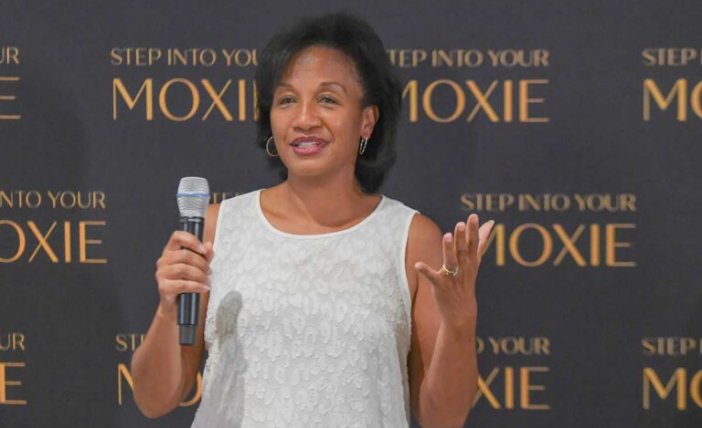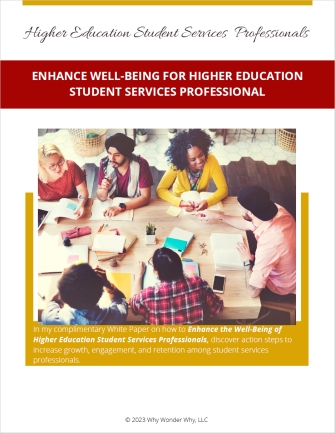
SIGNATURE KEYNOTES
From Survive to Thrive: A New Paradigm for Well-Being and Development
Since the start of the COVID-19 pandemic, youth mental health has reached a crisis level—and so have the demands placed on higher ed student services professionals. The individual and collective exhaustion that most of these dedicated professionals experience can feel unrelenting because many have been told (and trained) to believe that the best way to support students is to give them most, if not all, of their time, resources, and energy.
An unconscious question often plays in these professionals' heads: How can I devote everything I possibly can to my students and also prioritize my own well-being?
Psychologist and youth empowerment expert, Dr. June Parks, understands this dilemma well and specializes in showing higher ed student services professionals how to intentionally and consistently attend to themselves while not losing sight of their students’ needs. In this empowering keynote, she presents audiences with an approach to well-being that facilitates balance, grit, and mindfulness for students, campus communities, and the student services professionals who support them.
By the end of the keynote, audience members will be able to:
Reimagining Student Resilience: What Young People Really Need From Us
As a higher education student services professional (e.g., student affairs, student development, student wellness), every day you are tasked with overseeing the social, emotional, and mental well-being of your students. Whether you are supporting students to navigate anticipated challenges or to survive and grow through crises, you know your work is rooted in helping students develop resilience.
But what if the way you’ve been taught to cultivate student resilience is actually getting in the way of fostering true student flourishment?
In this heartfelt, provocative keynote, psychologist and youth empowerment expert, Dr. June Parks, reveals what is missing in most mental health approaches to youth development, why the way many of us think about resilience can be harmful to students (particularly students of color), and how to ensure your students succeed in school and beyond.
By the end of the keynote, audience members will be able to:


